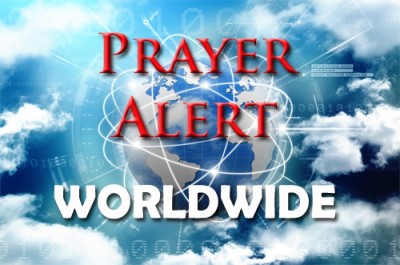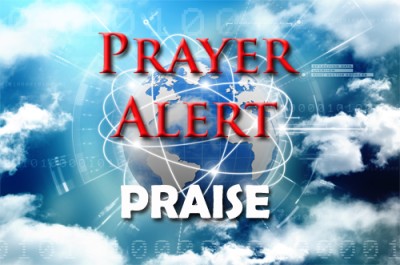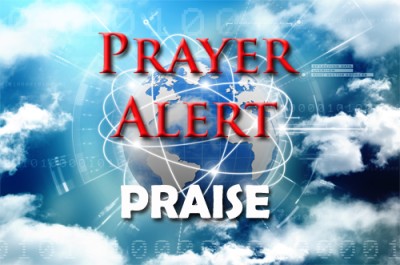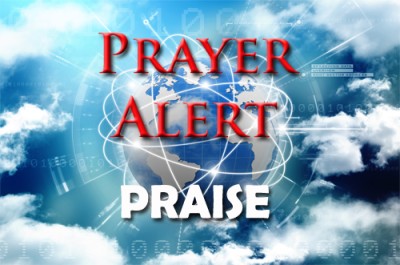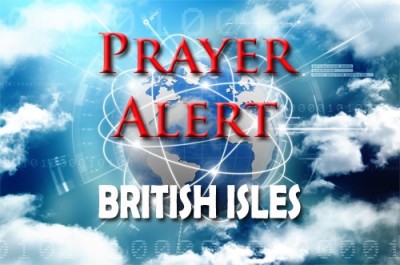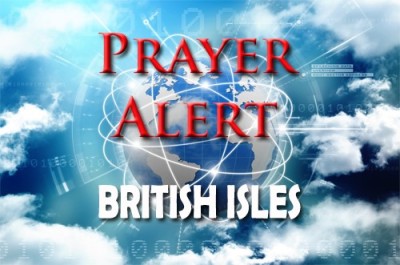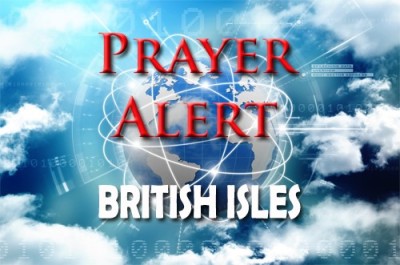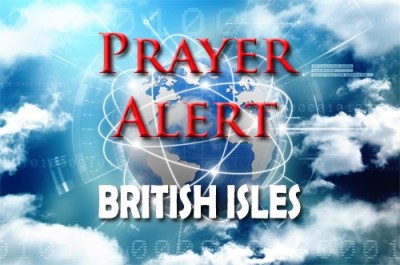Algeria’s president, Abdelmadjid Tebboune, has offered to mediate between Mali’s military-led government and northern rebel groups, including Tuareg and Arab nationalists, amid escalating regional tensions. However, he clarified that he would only step in if formally invited by Mali. His statement comes after Mali's junta withdrew from a previous Algeria-brokered peace deal and replaced UN peacekeepers with Russian Africa Corps mercenaries, formerly Wagner. Algeria has refused to tolerate mercenary forces on its 1,400 km shared border, despite its own longstanding ties with Russia. Mutual accusations have intensified, with both countries alleging drone strikes and cross-border incursions. Mali has accused Algeria of harbouring militants who conduct attacks from Algerian soil, a claim Algiers denies. The withdrawal of the UN’s MINUSMA peacekeeping force in 2023 has left a security vacuum in northern Mali, now filled by armed factions and foreign operatives. Tebboune’s call for diplomacy reflects Algeria’s concern over instability and the threat of wider conflict spreading across the Sahel region.
Singer’s angelic encounter: ‘so powerful’
18 Jul 2025Jenn Johnson, worship leader with Bethel Music, has shared a powerful testimony of encountering an angel during a critical moment in hospital. Speaking to CBN News, she described seeing an angel appear in her hospital room just before undergoing a C-section for her daughter’s birth. The angel, bald with a gold earring, simply looked at her, nodded, and turned away - but the peace Johnson felt in that moment was overwhelming. The encounter inspired her song ‘Mention of Your Name’, born from the deep reassurance she received when she needed it most. 'Peace went through my body’, she said, recounting how unafraid she was despite the gravity of the situation. The experience left her longing for more such glimpses of heaven. Johnson also shared a separate miracle: the healing of her leg after it had been lifeless for two years due to a back condition. After being prayed for, sensation returned instantly. These encounters have deepened her faith and stirred hope in many who hear her story.
How a latter-day Joseph changed the world
18 Jul 2025James O Fraser, a missionary to China in the early 1900s, is being remembered as a 'latter-day Joseph' whose quiet faithfulness sparked a spiritual awakening. Working among the Lisu people in remote southwest China, he faced immense challenges: isolation, language barriers, and demonic opposition. Yet he persevered with prayer and sacrificial service, often spending entire nights in intercession. Instead of rushing to convert, Fraser devoted himself to translating Scripture and creating a phonetic alphabet for the Lisu language. His patient work laid the foundation for a revival that would later sweep through the region. When the Chinese church faced decades of persecution, the Lisu believers endured and multiplied - in large part due to Fraser’s early efforts. Today, they are one of the few people groups in China where a whole Bible-based Christian culture exists. Fraser’s life illustrates how deep prayer and obedience can shape nations. Though largely unknown in his lifetime, his legacy is likened to that of Joseph in Egypt: faithful, prophetic, and world-changing through God’s hand.
Pastor John MacArthur, a pillar of evangelical preaching and unwavering Bible teacher, went to be with the Lord on 14 July, aged 86. For over five decades, he led Grace Community Church in Sun Valley, California, transforming it into a global centre for expository preaching. Rooted in a family of preachers, MacArthur embraced the gospel from childhood, devoting his life to the verse-by-verse exposition of Scripture. His ministry, Grace to You, broadcast sermons across 2,400 stations in nine languages. His books, including ‘The Gospel According to Jesus’ and ‘The MacArthur Study Bible’, shaped countless believers. MacArthur’s theological clarity, bold convictions, and unwavering stand for biblical truth distinguished him from cultural drift. He trained thousands, and remained faithful through trials - including legal battles over religious freedom during the Covid pandemic. Though often controversial, his voice was prophetic, courageous, and Christ-honouring. MacArthur’s legacy lives on in the lives he influenced. See
Ali, an Afghan interpreter who served with British forces in Helmand Province, has spoken out after learning he was among those affected by a major Ministry of Defence data breach. His role, which involved translating Taliban communications, made him a prime target. Though he was relocated to the UK in 2021 following Taliban threats and a car bomb attack, he now fears for his family, who are still in Afghanistan. His worst fears were confirmed when he learned that his personal information - and potentially that of his family - had been exposed. Ali believes this led to his father’s death after Taliban forces detained and beat him. Multiple requests for his family’s relocation to the UK have been denied. Ali feels utterly betrayed by the government he served. Now he faces the impossible choice of returning to Taliban-controlled Afghanistan to try to protect his loved ones. His plea is urgent and heartrending: 'If the British government can’t save my family, then I will go back and try myself.' See
The UK’s economic outlook has been shaken by a surprise rise in inflation, complicating plans for an anticipated interest rate cut in August. Despite a strong start to the year, recent data shows inflation quickening unexpectedly, particularly in food prices, adding to the burden on households already grappling with prolonged cost-of-living pressures. While markets had largely assumed a rate cut from the current 4.25% was imminent, the spike in inflation has introduced renewed caution. Former Bank of England policymaker Andrew Sentance called any cut next month 'irresponsible’. The Bank must now weigh current inflation against forecasts that predict a return to its 2% target by 2026. Complicating the picture further is the weakening jobs market, with unemployment expected to rise to 4.9%. While other major economies, like the eurozone, maintain stable inflation, the UK remains vulnerable to wage and tax-related price pressures. However, energy prices are expected to fall in the autumn, which may ease inflation, and there are signs of sectoral recovery and no current risk of recession.
All Co-op members’ data accessed in cyberattack
17 Jul 2025All 6.5 million members of the Co-op had their personal data stolen in a major cyberattack in April, the retailer's chief executive Shirine Khoury-Haq has confirmed. While no financial or transaction data were taken, names, addresses, and contact information were accessed. The breach prompted the shutdown of IT systems, disrupting supply chains and payments. Khoury-Haq expressed deep sorrow, especially recalling the distress of IT staff working to repel the attackers. The attack was one of three targeting major UK retailers this spring, alongside Marks & Spencer and Harrods. Four suspects, aged 17 to 20, have been arrested under suspicion of offences including blackmail, money laundering, and cybercrime. Devices were seized from their homes. In response, the Co-op has partnered with The Hacking Games to help young people with cyber skills pursue careers in cybersecurity instead of crime. The breach underscores the growing vulnerability of digital infrastructure and the emotional toll such attacks take on staff and customers alike.
NHS nurse Sandie Peggie has been cleared of gross misconduct after raising concerns about sharing a changing room with a transgender doctor, Dr Beth Upton. Peggie was suspended in January 2024 following an incident at a hospital in Kirkcaldy, where she reported feeling 'embarrassed and intimidated' when Dr Upton began undressing in front of her. The disciplinary case was part of a wider employment tribunal, with Peggie claiming discrimination under the Equality Act. NHS Fife argued it followed national guidance, but admitted it lacked a formal policy on trans facilities at the time. The tribunal also heard arguments over the rights of women with religious beliefs or trauma histories who might not wish to share changing spaces with trans-identifying males. The incident was logged as a 'hate incident’, yet the internal panel found no evidence of misconduct, recommending reflective dialogue instead. Peggie has since urged NHS Fife to respond to the UK supreme court ruling which reasserted the legal definition of 'woman' as biological. This complex case highlights the ongoing tensions between transgender rights and women's privacy in public services.
